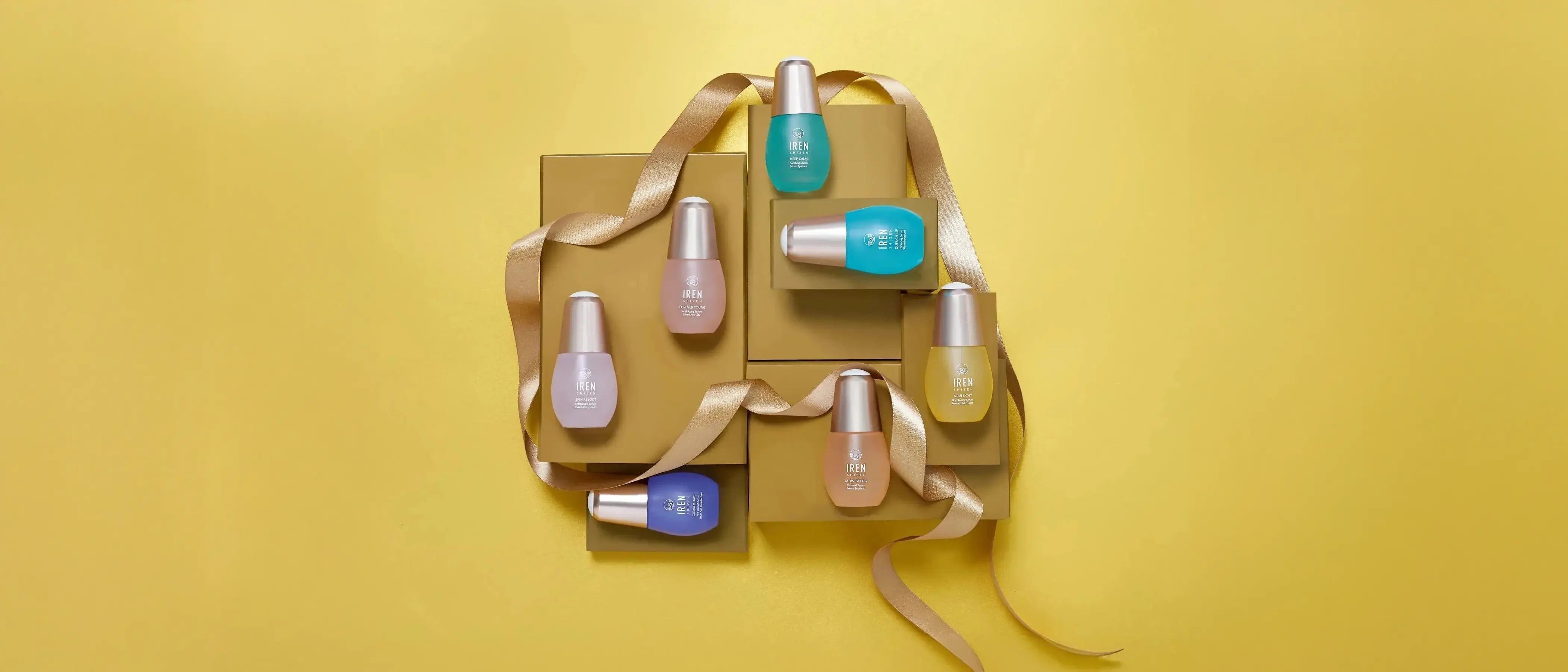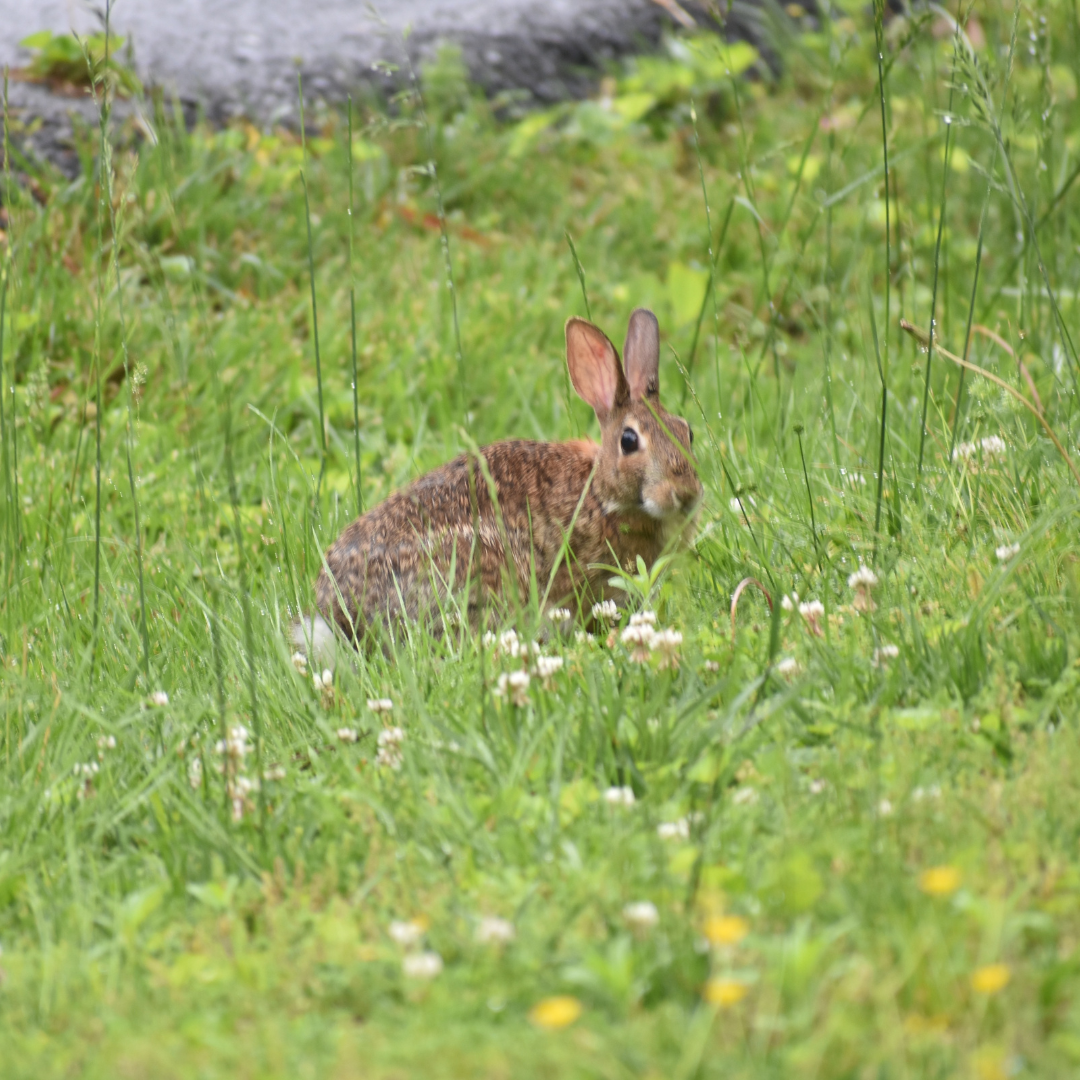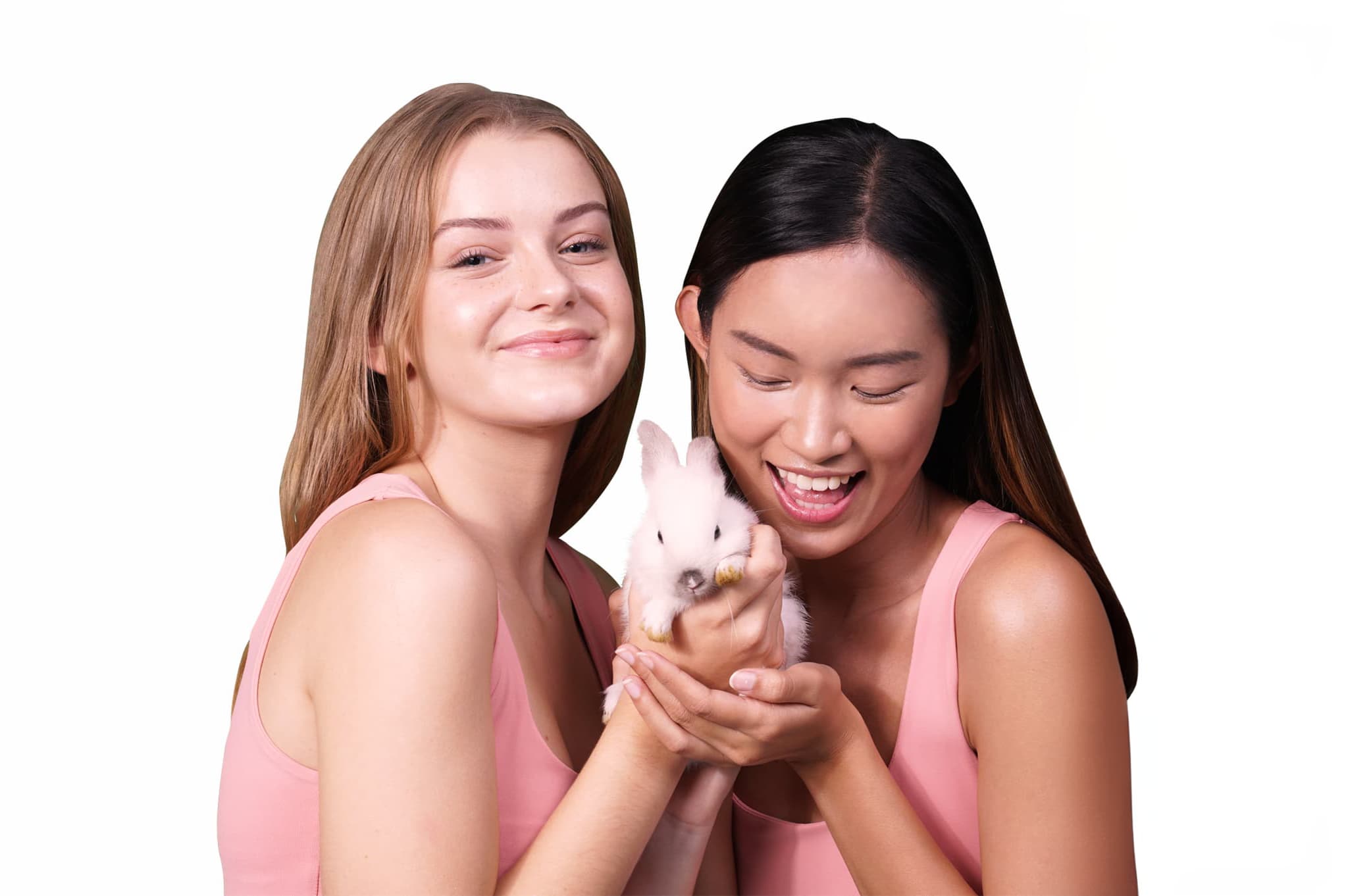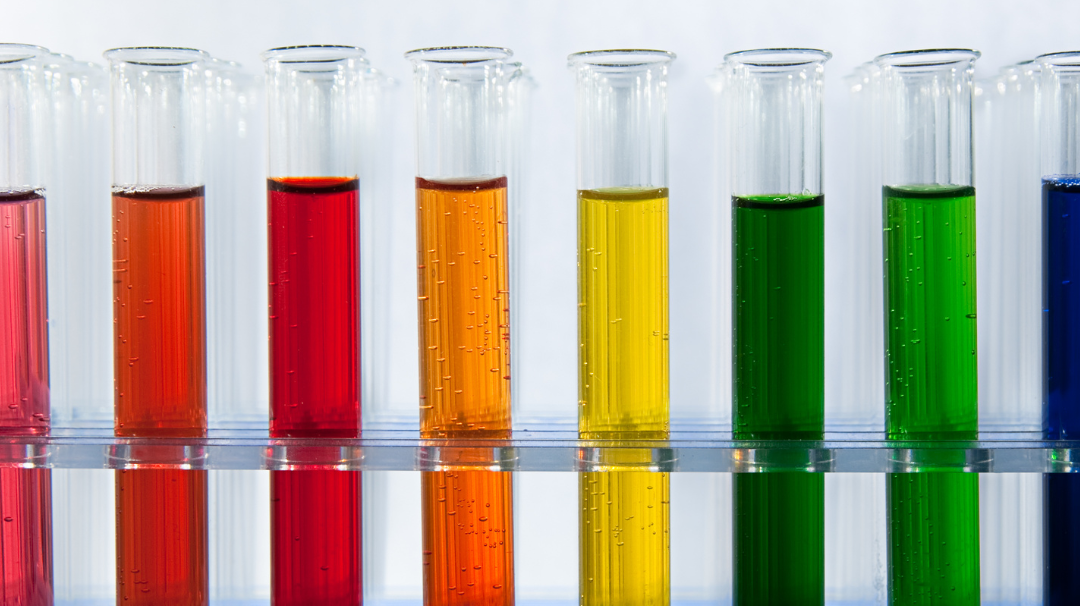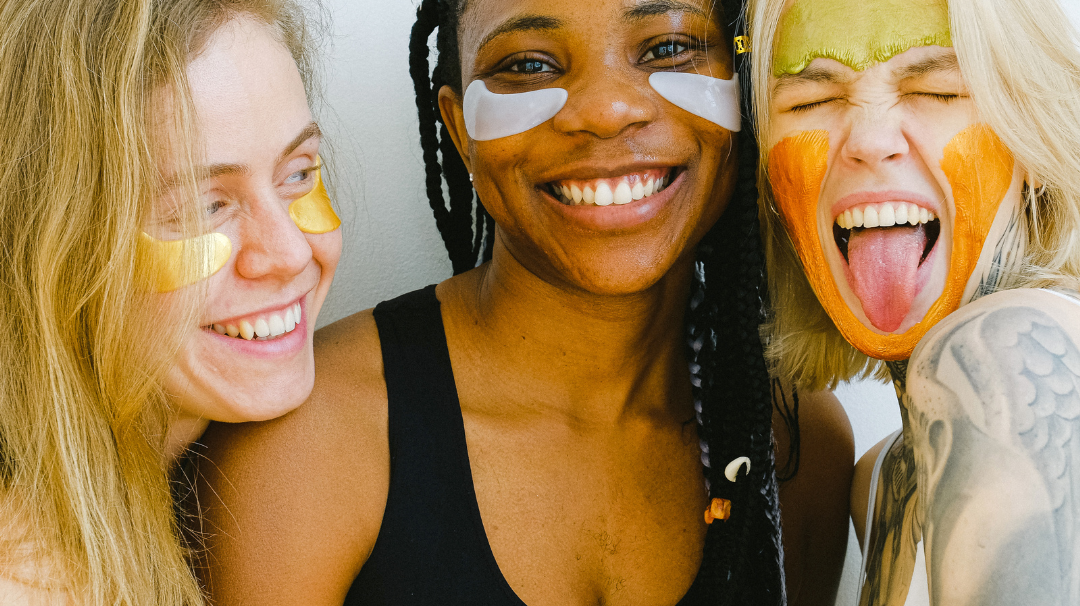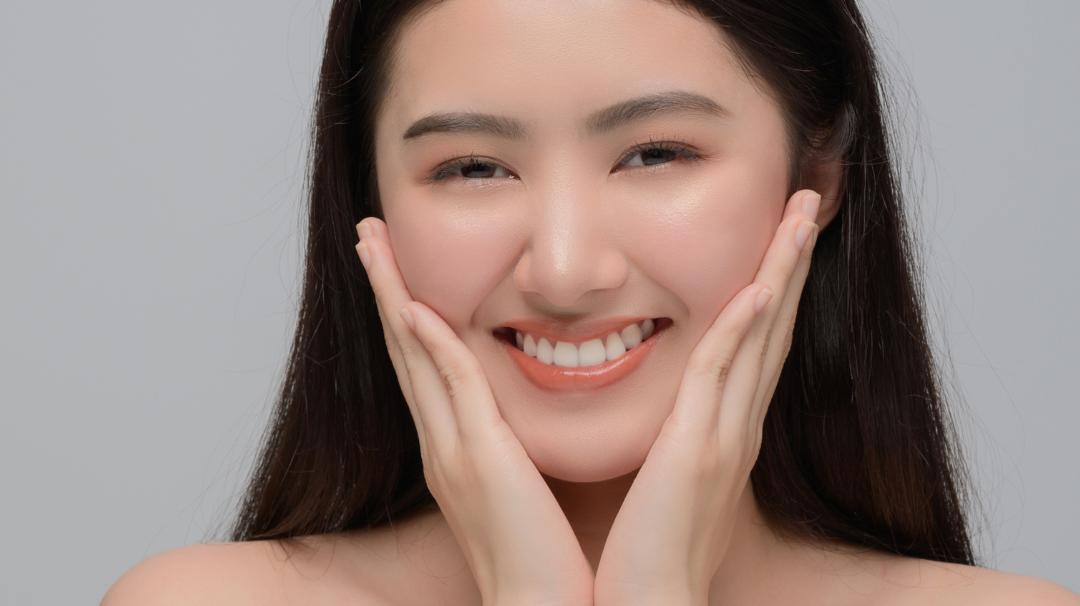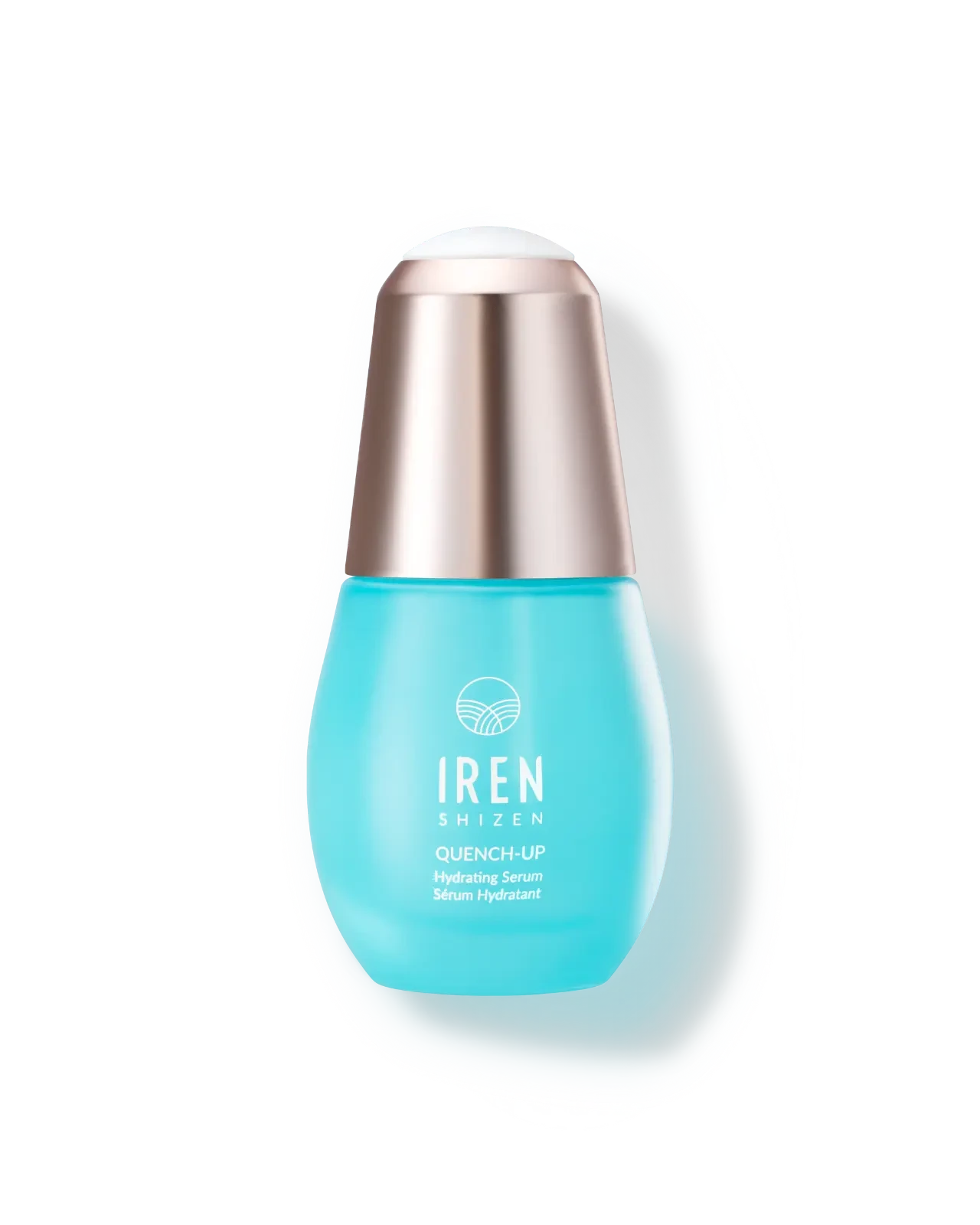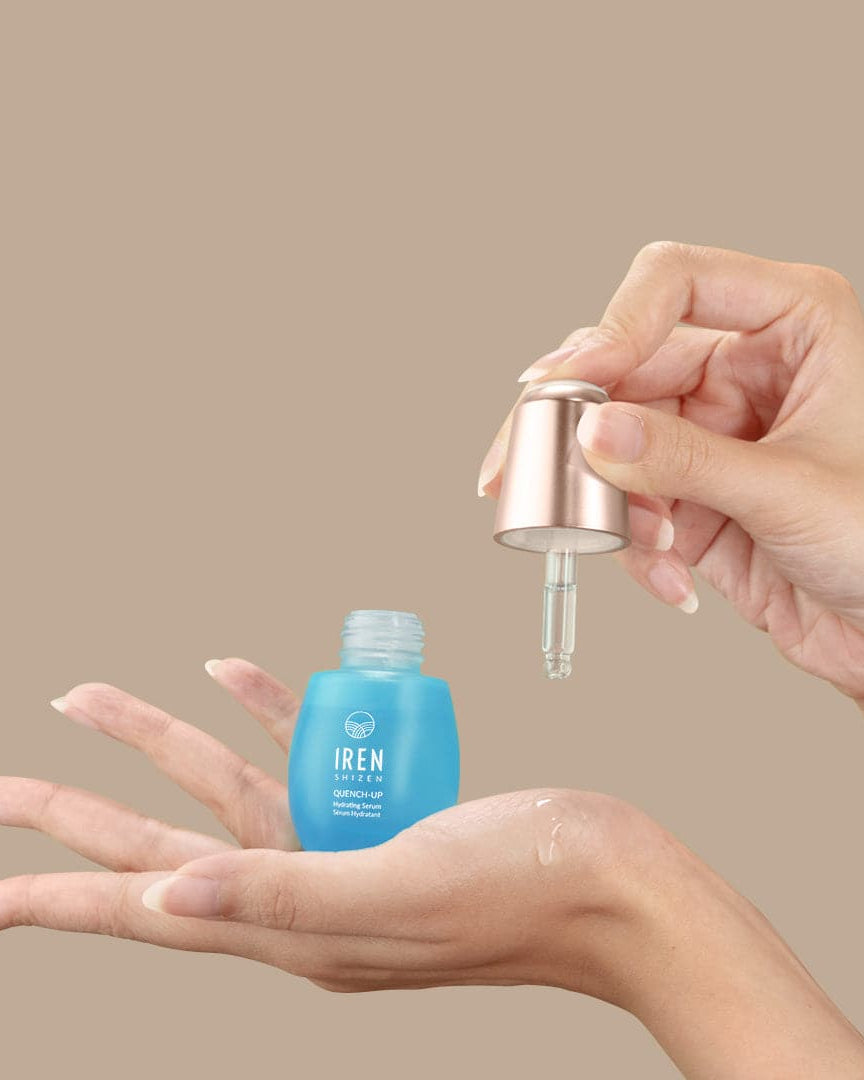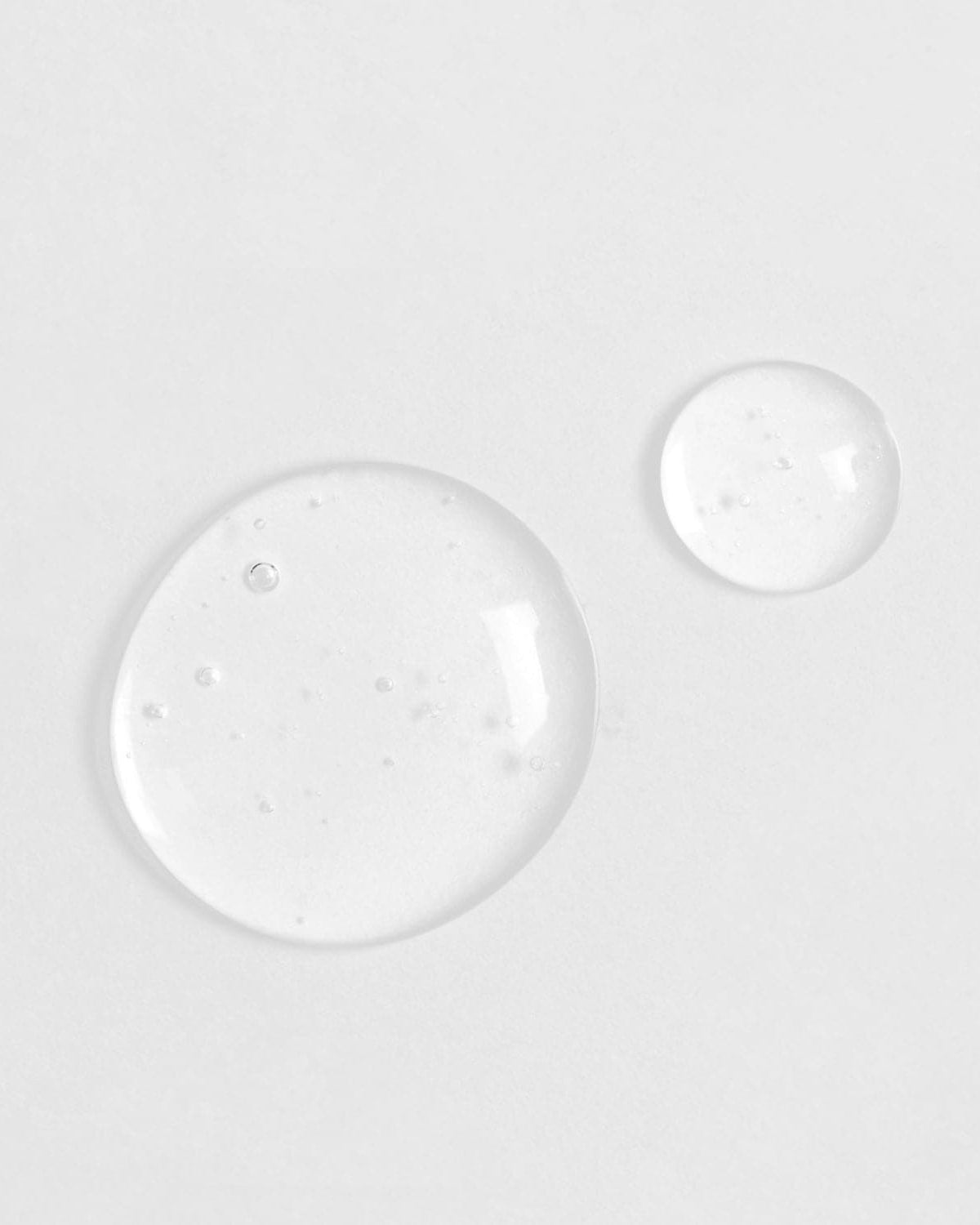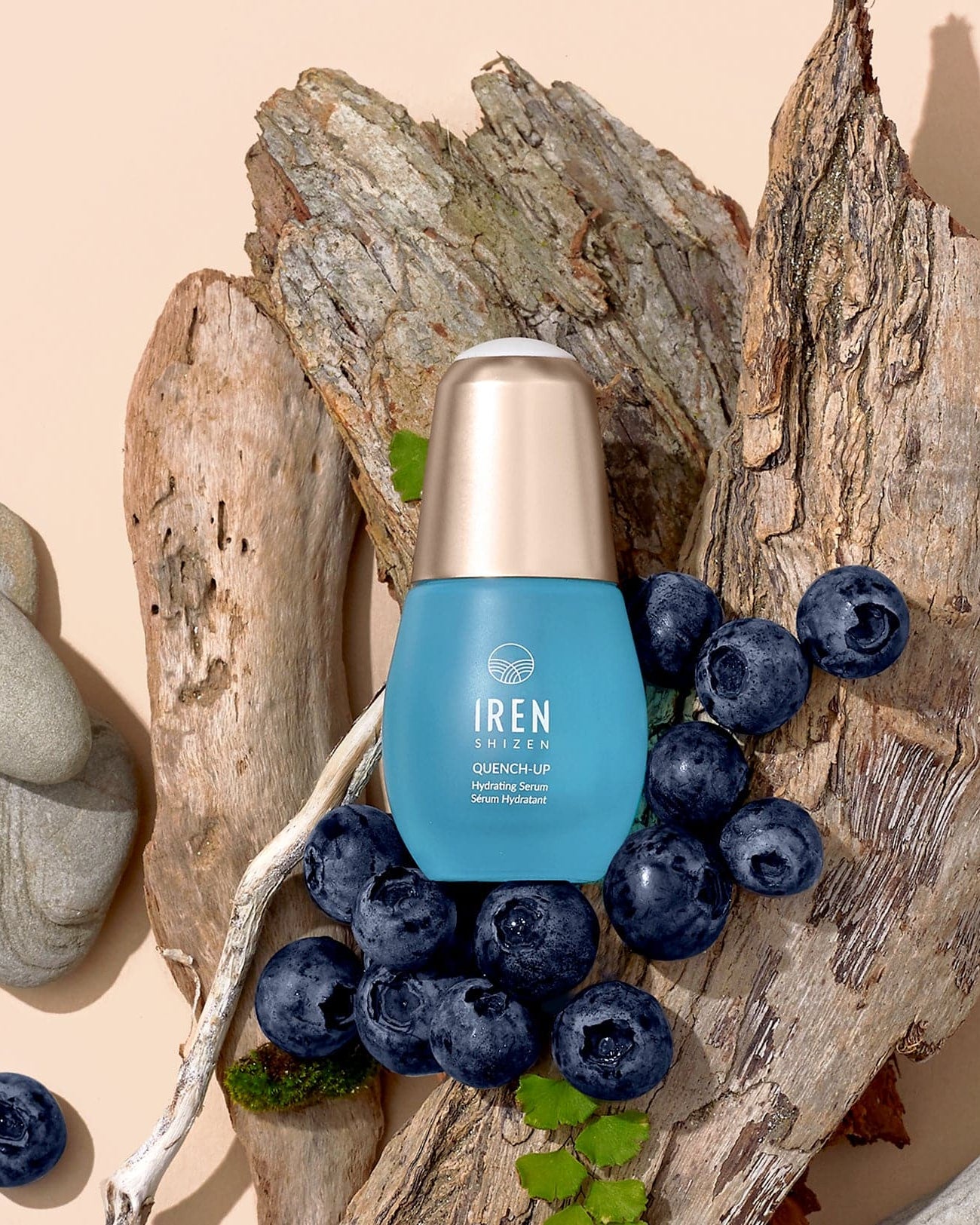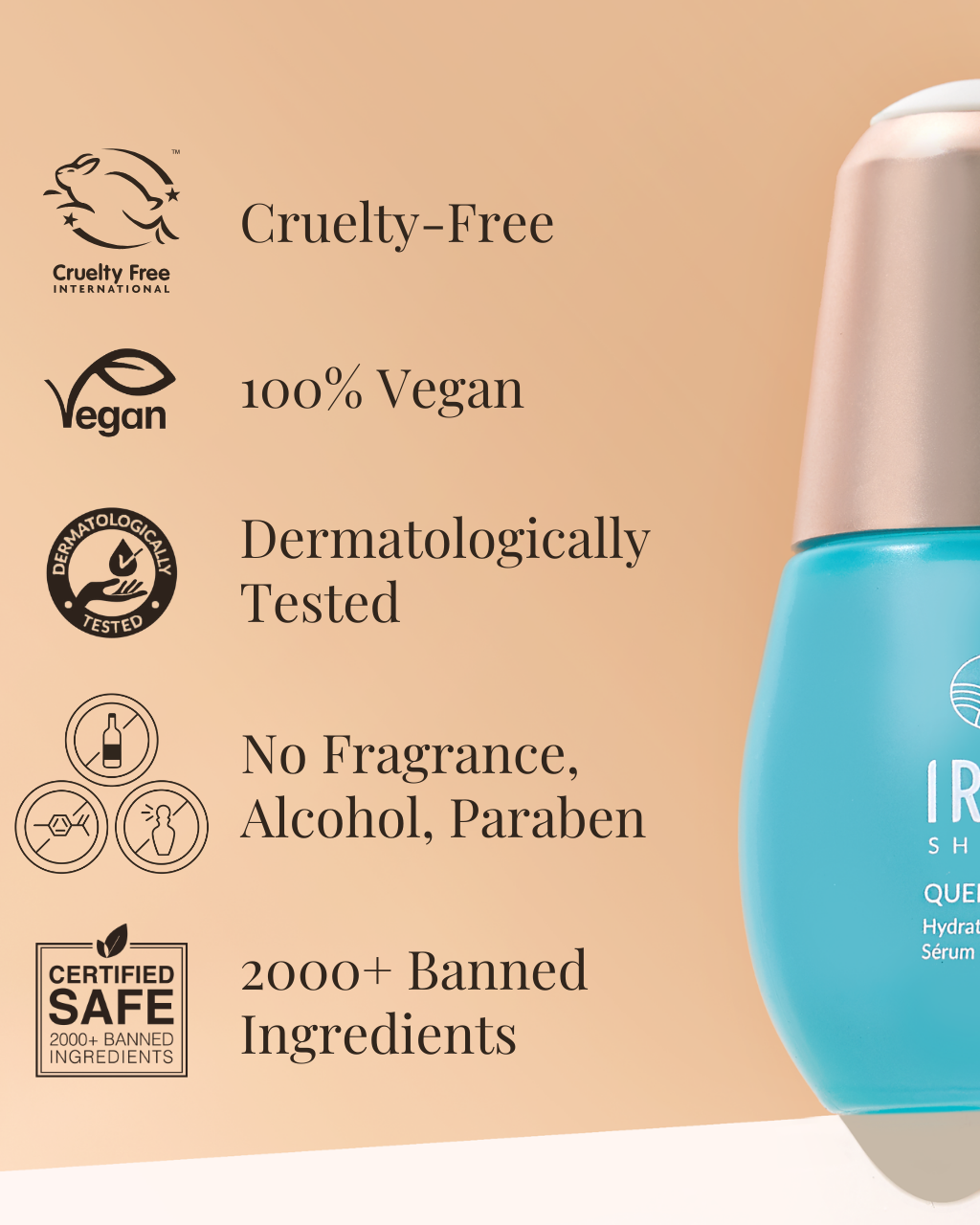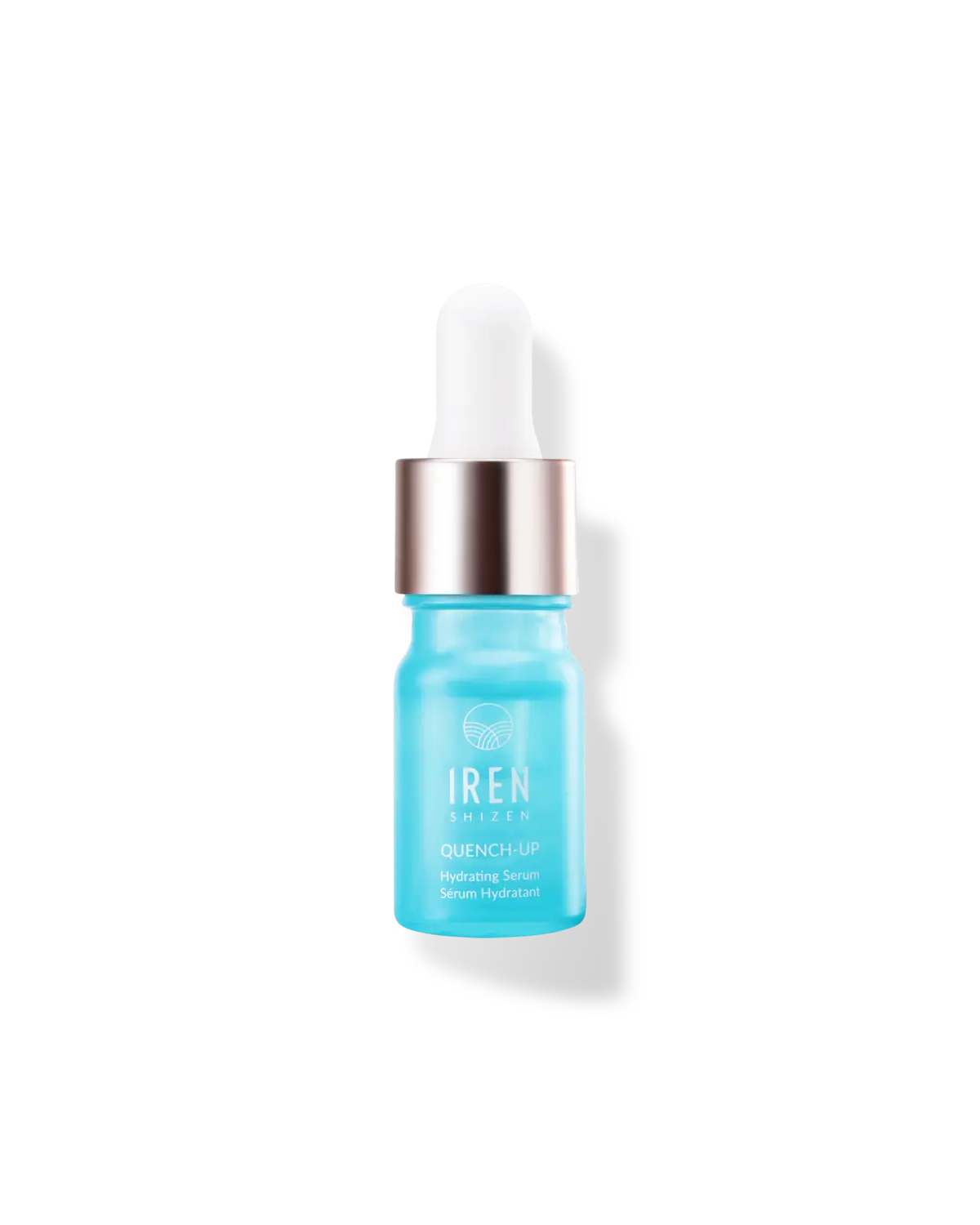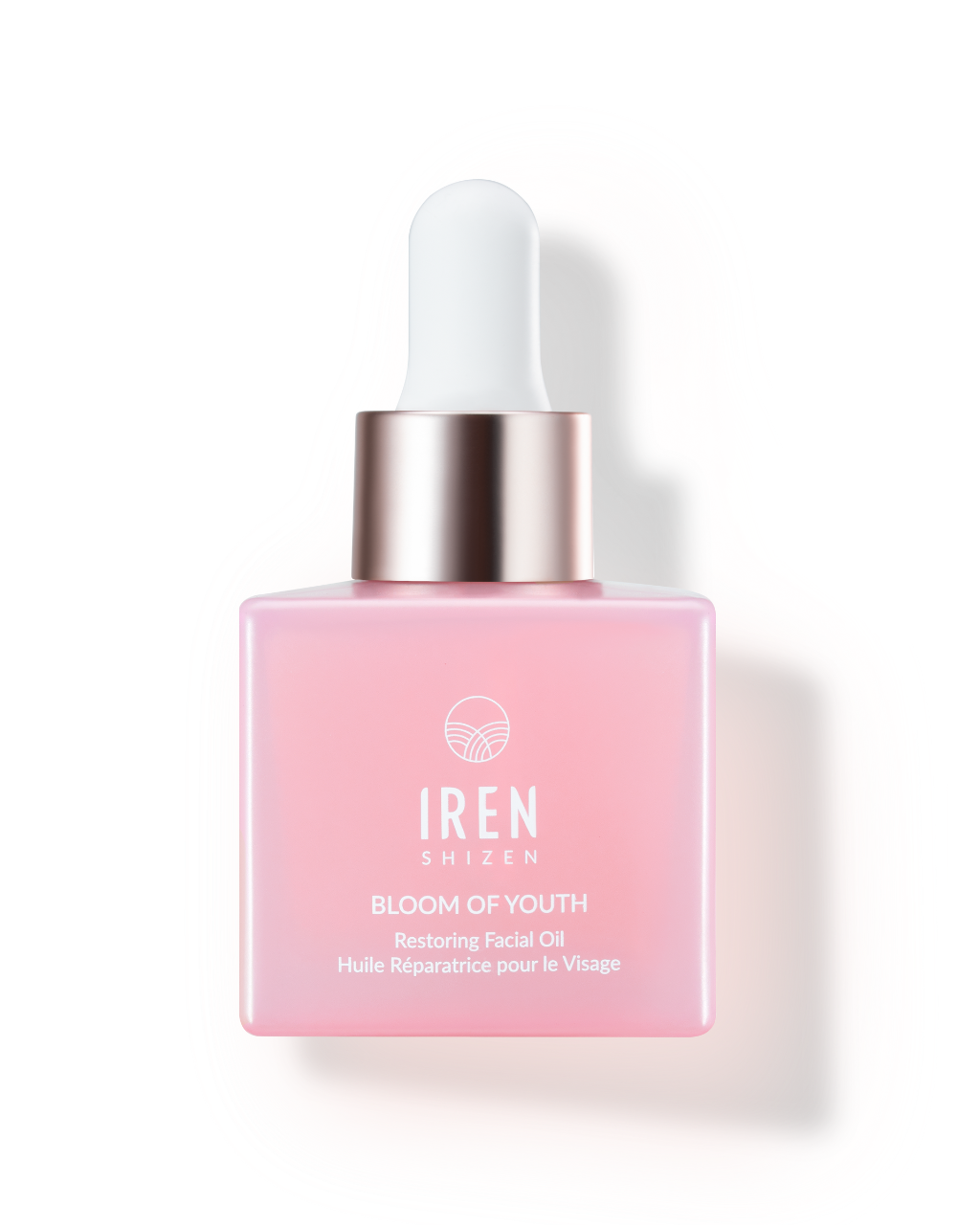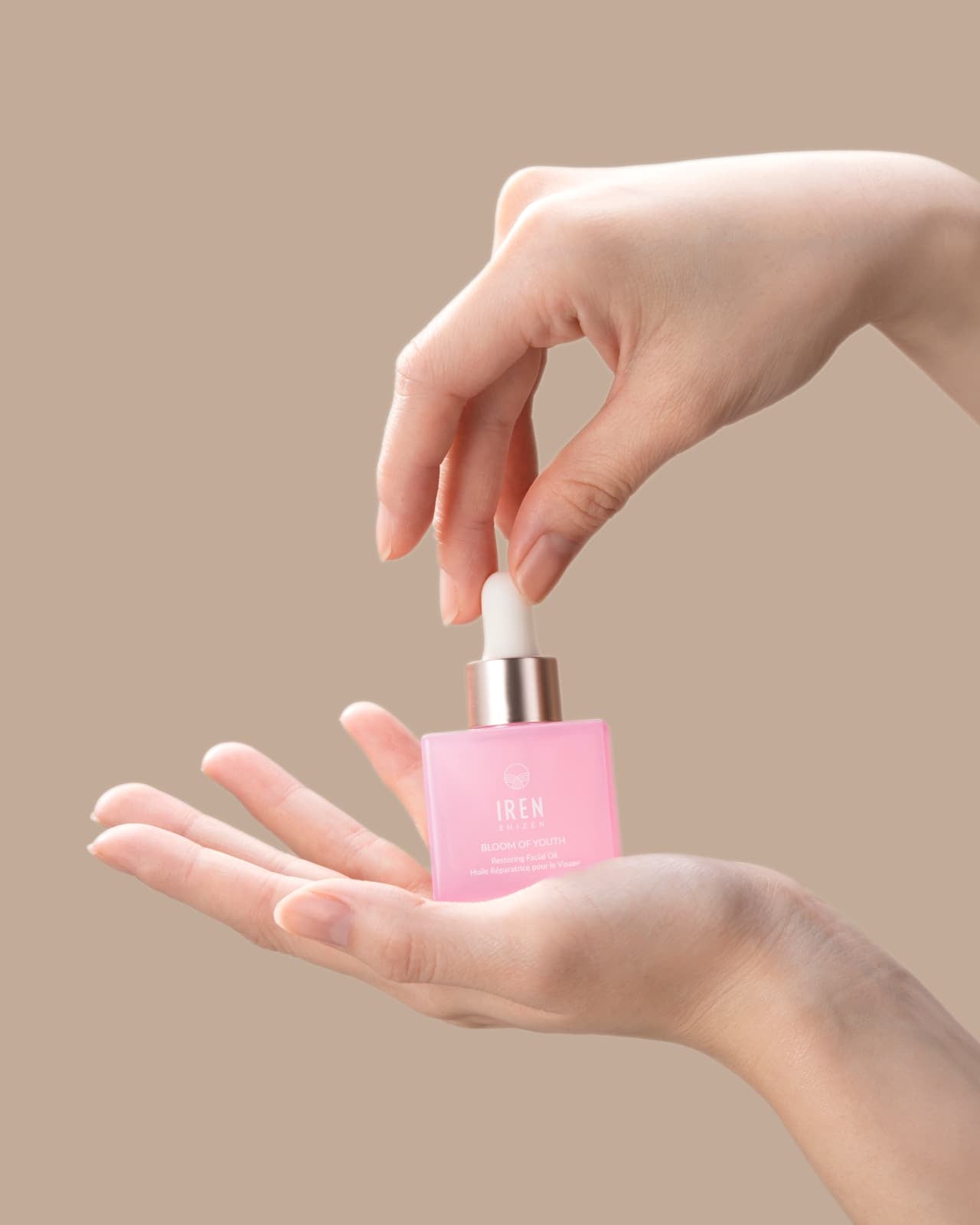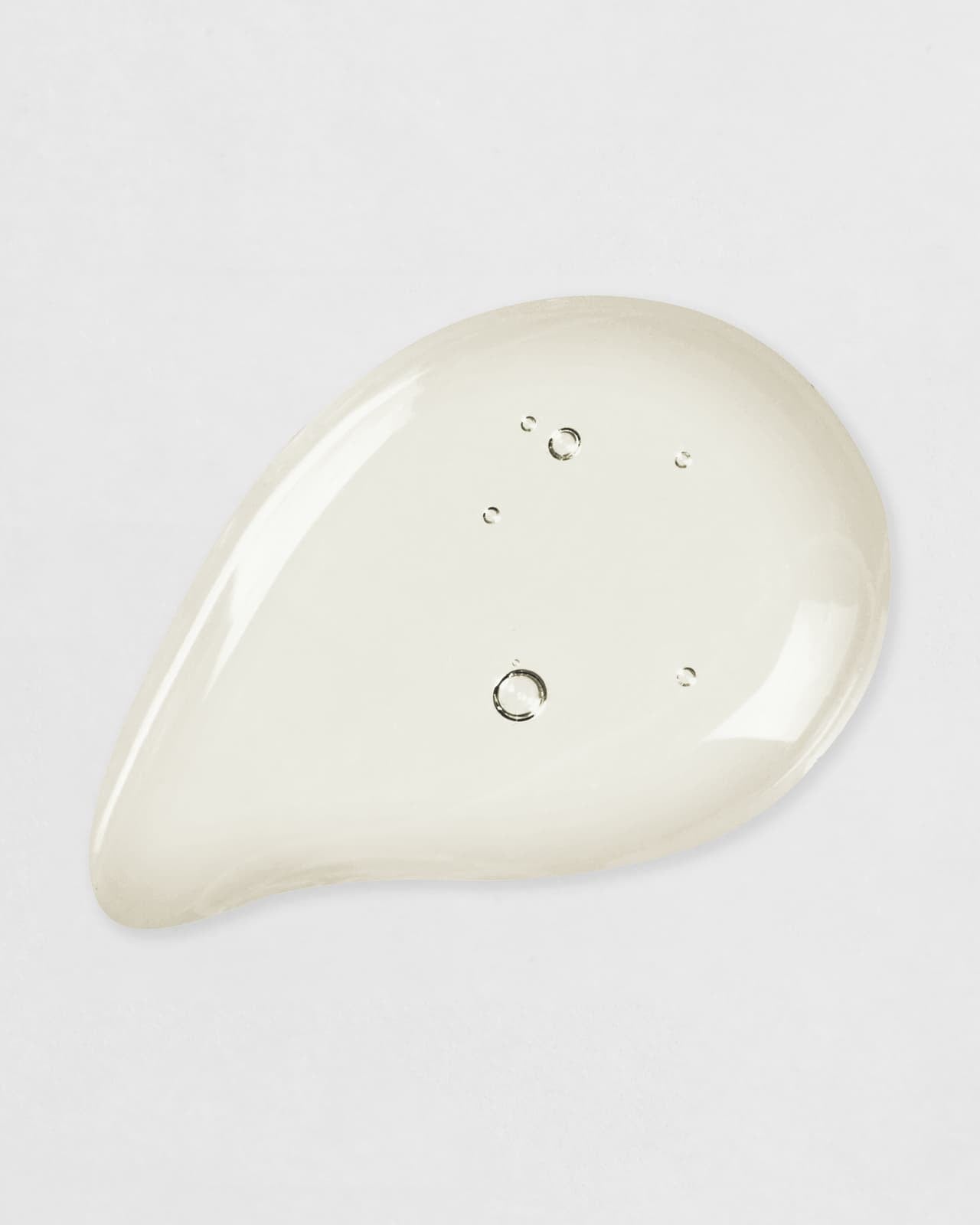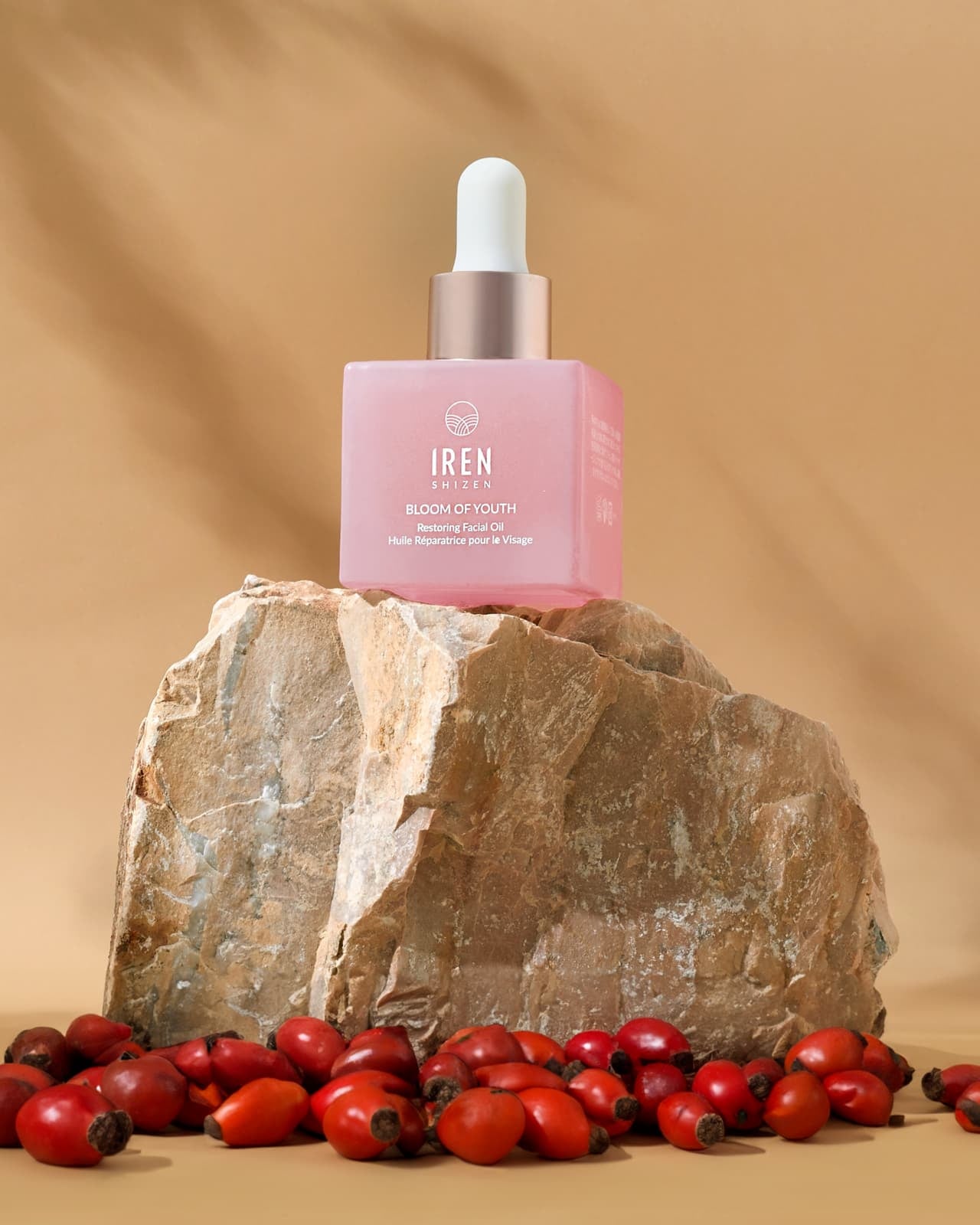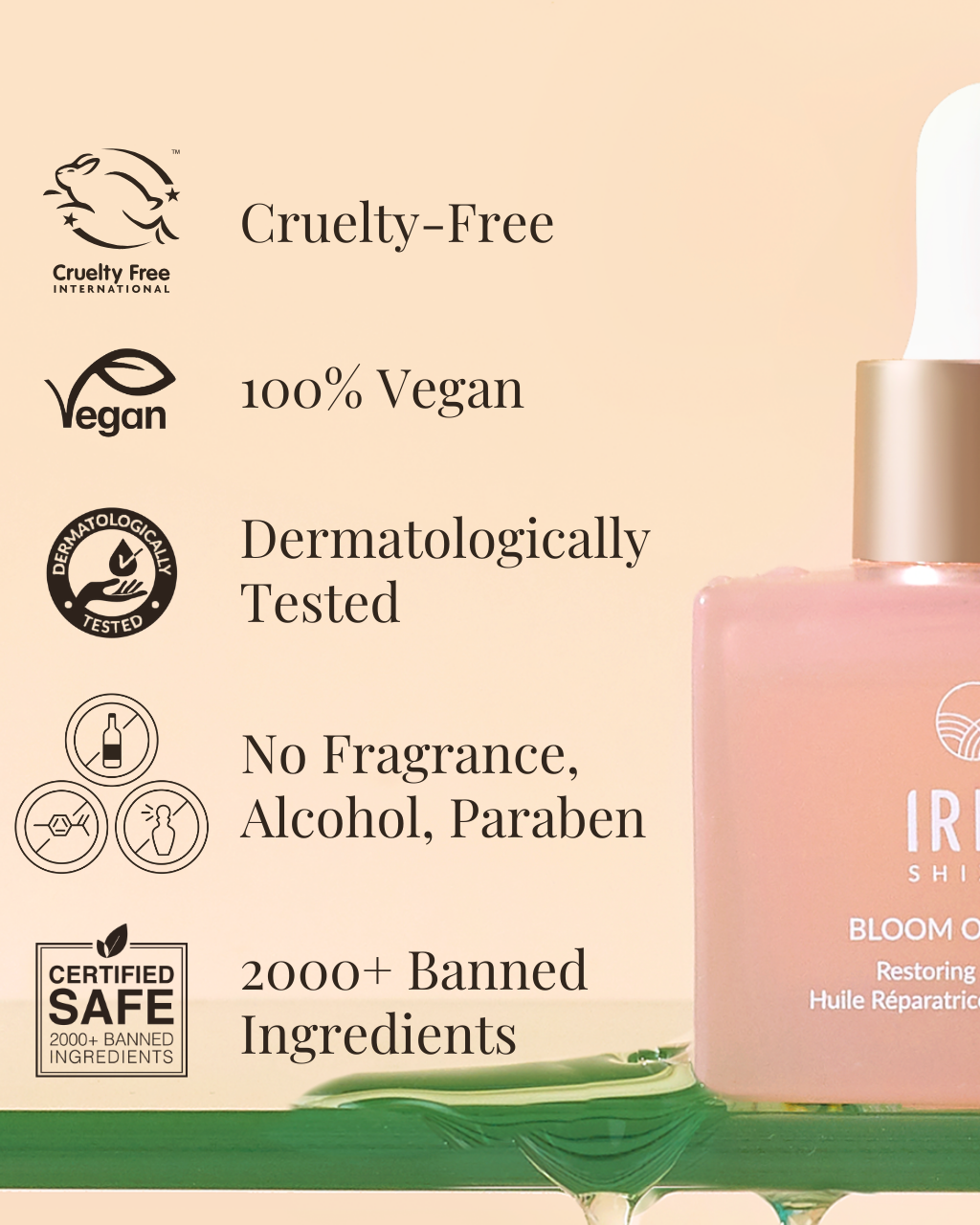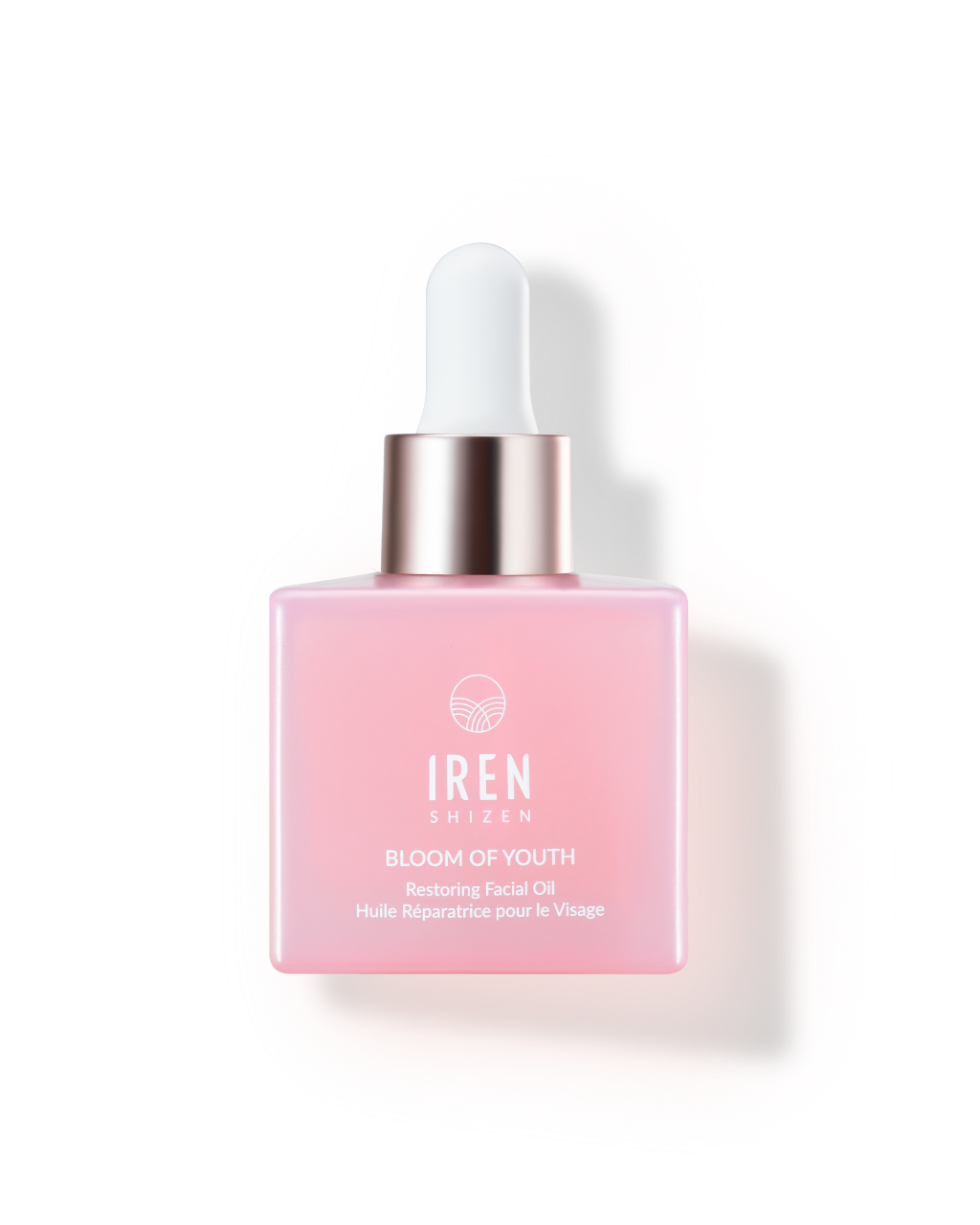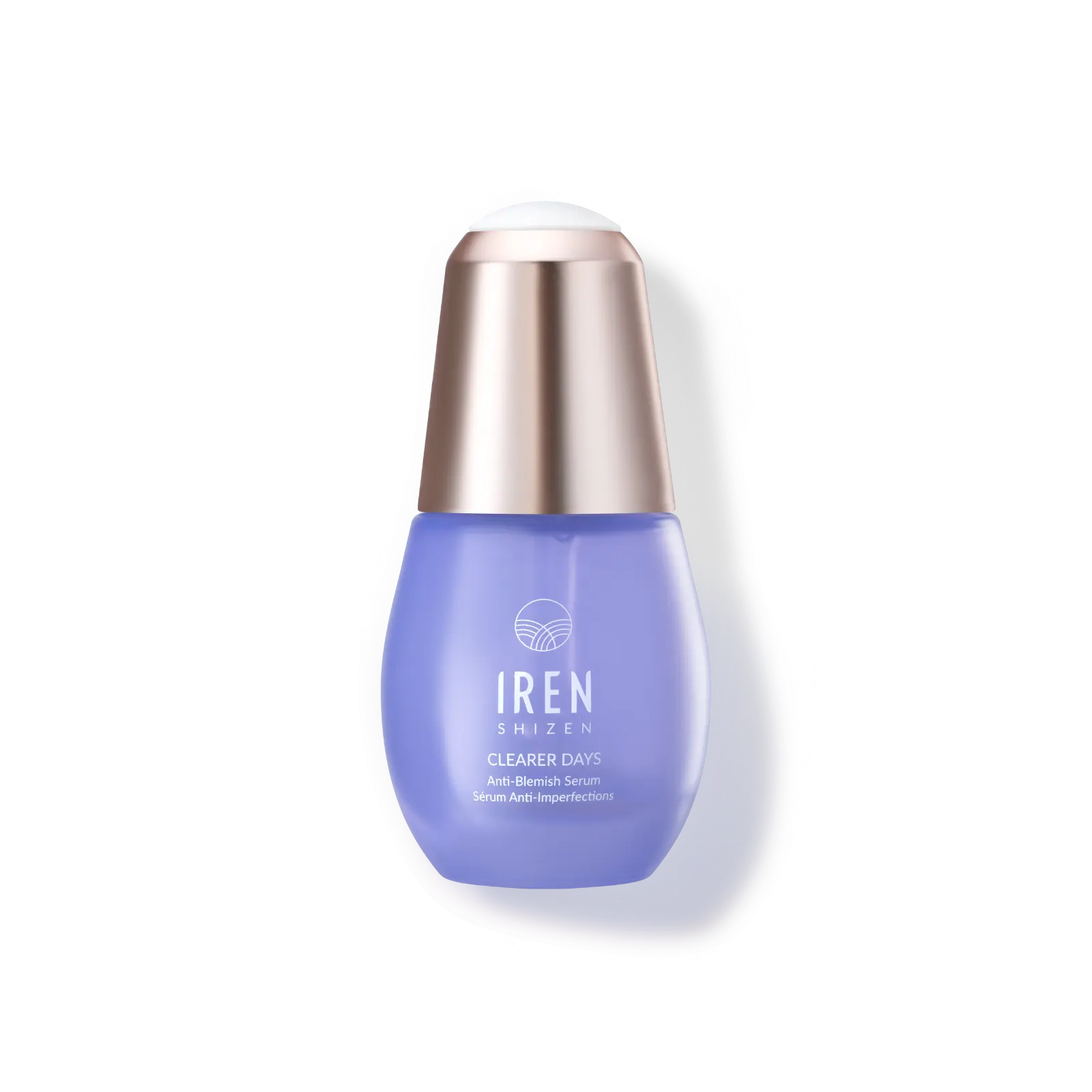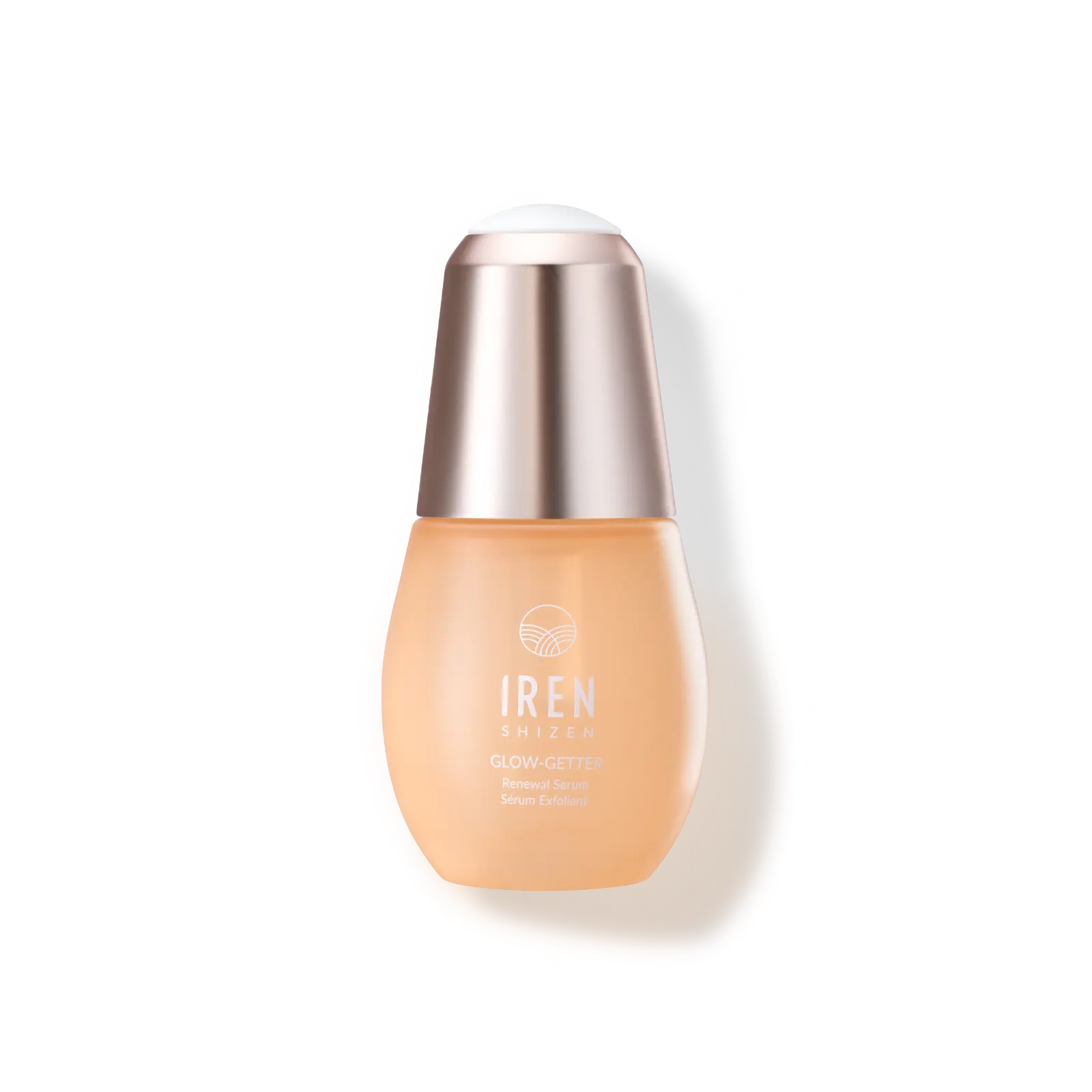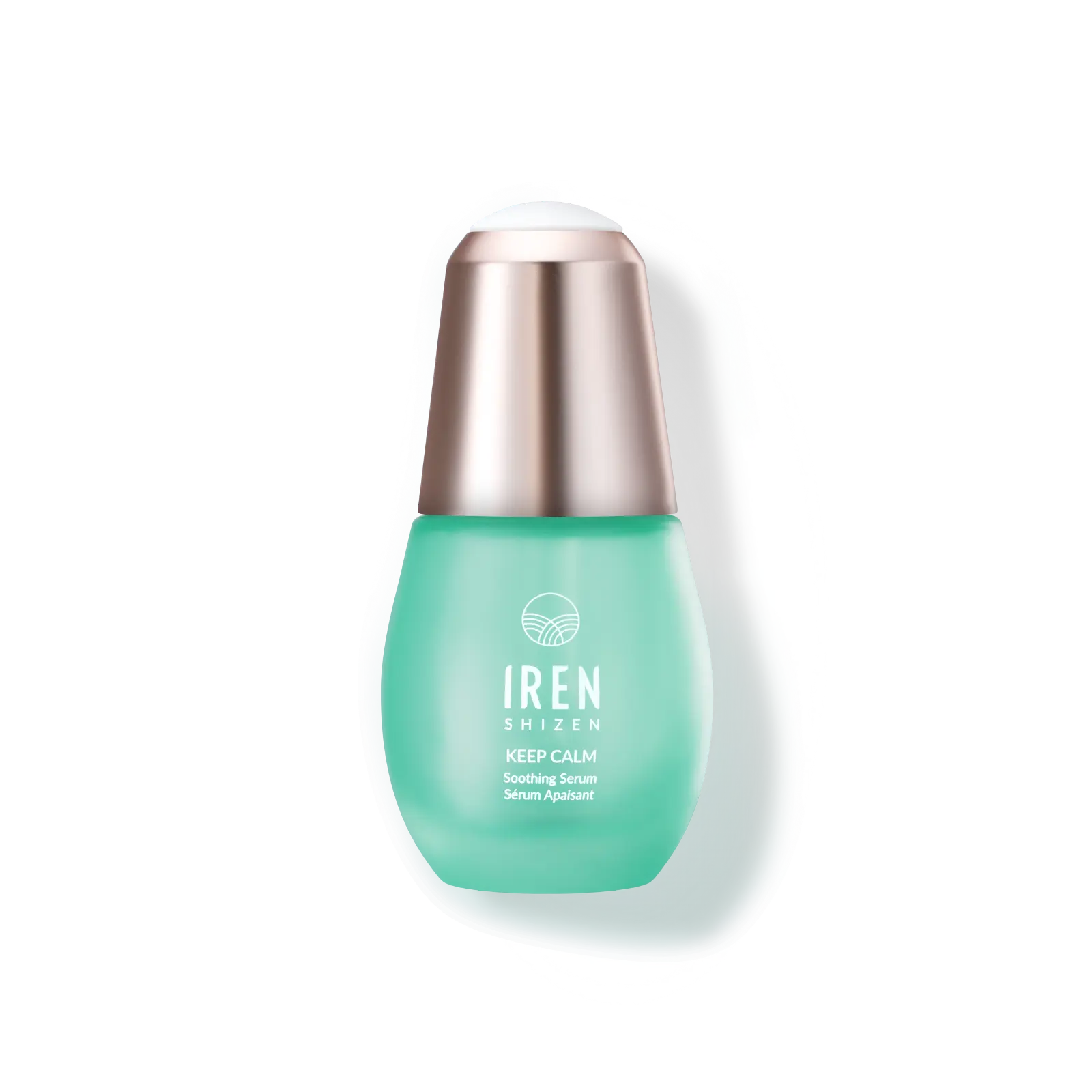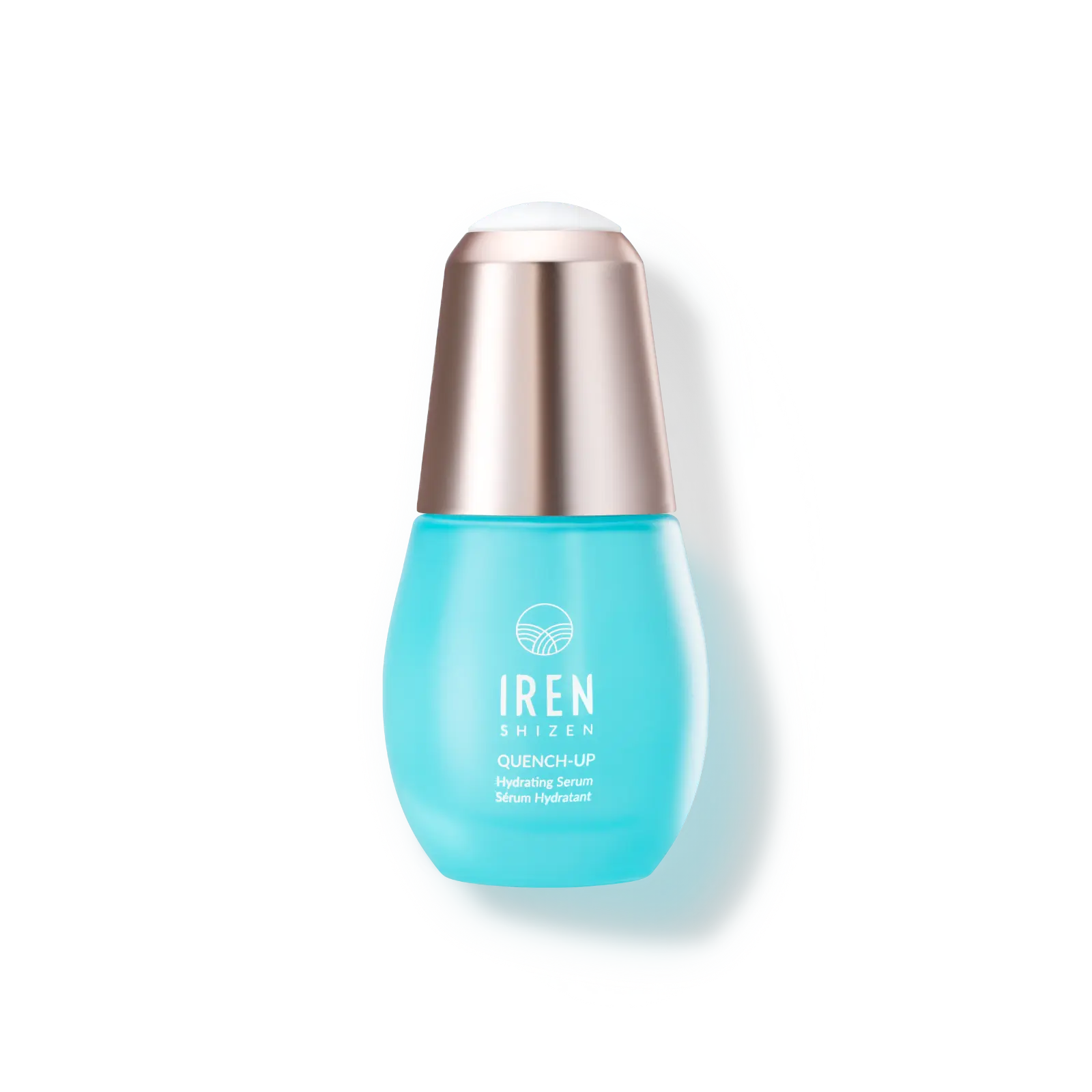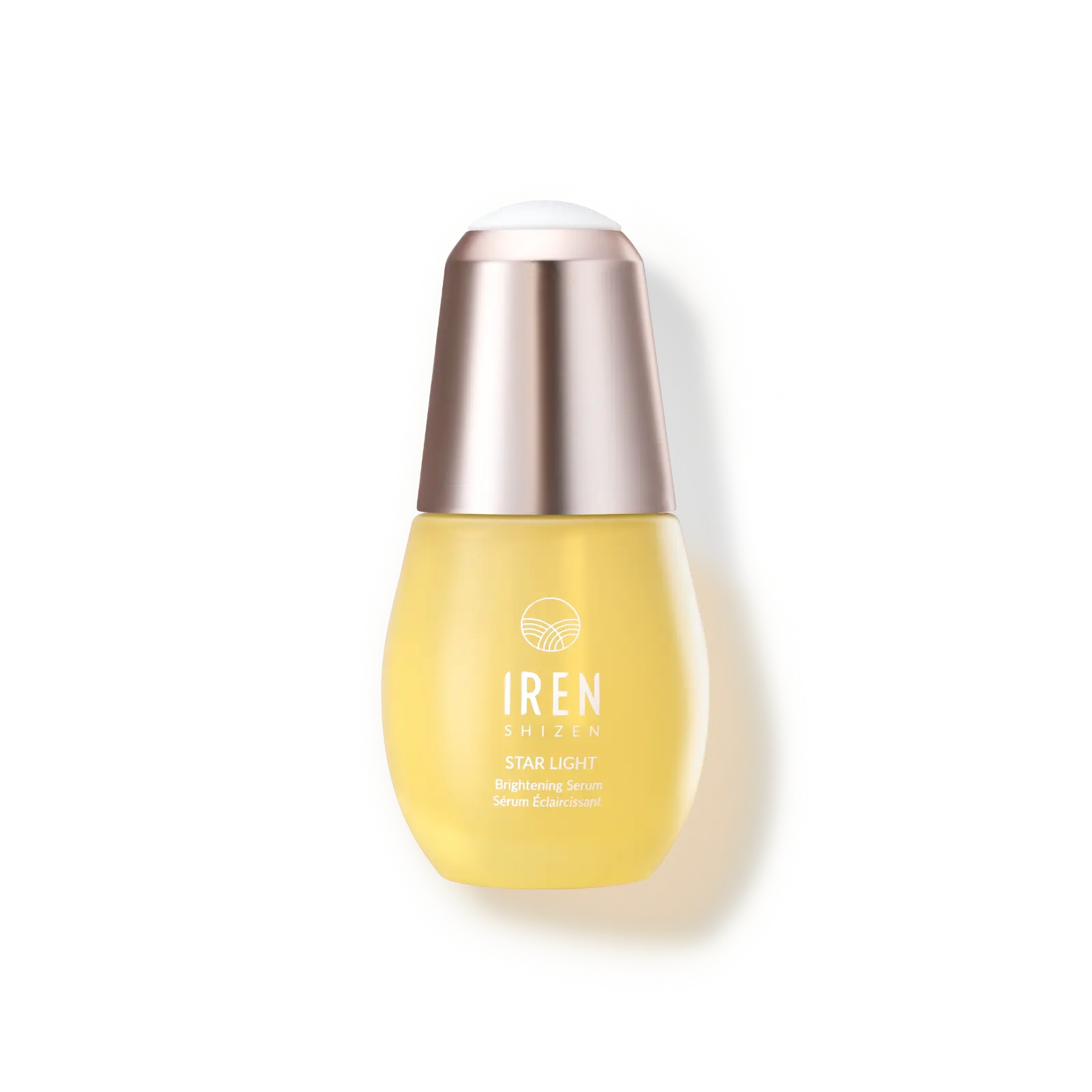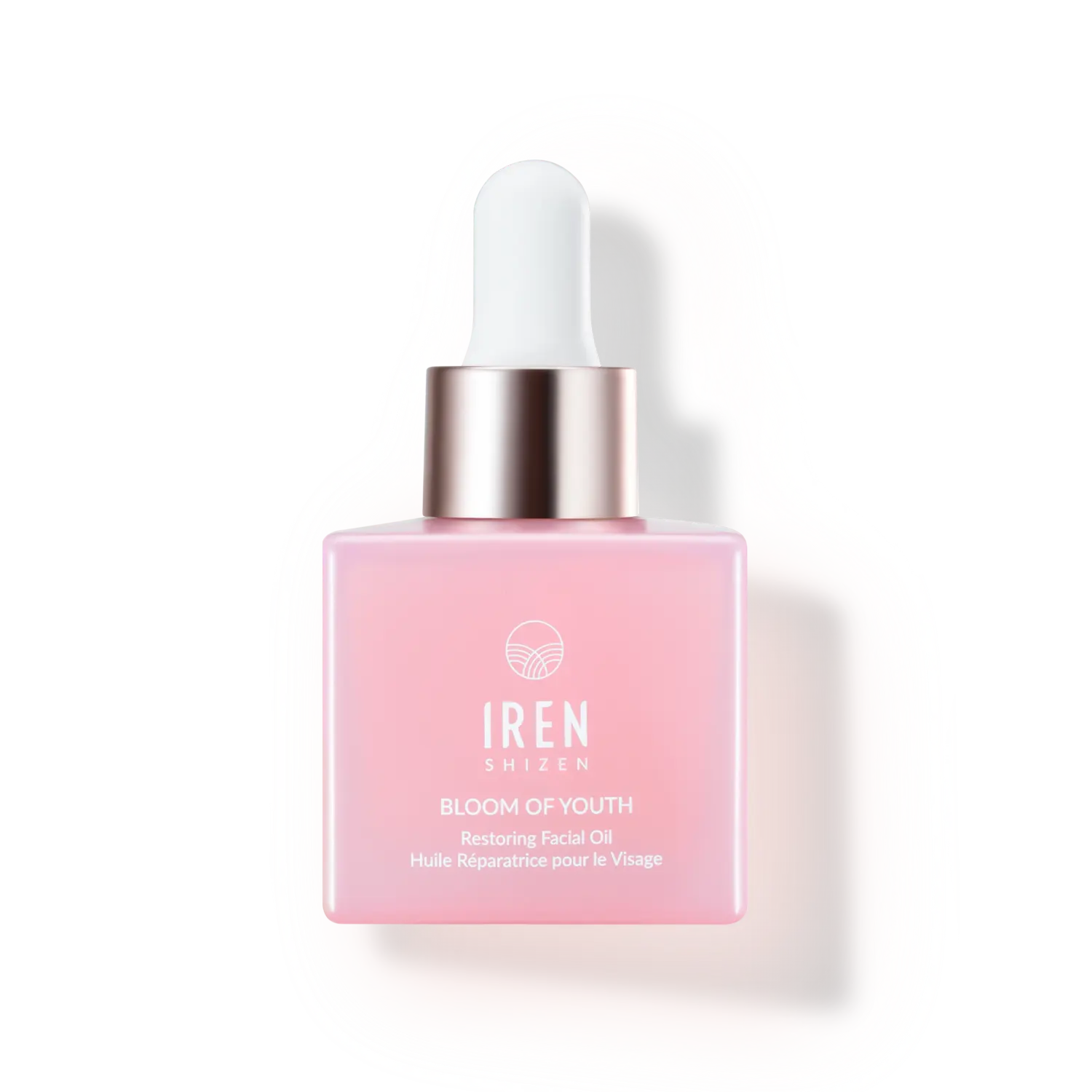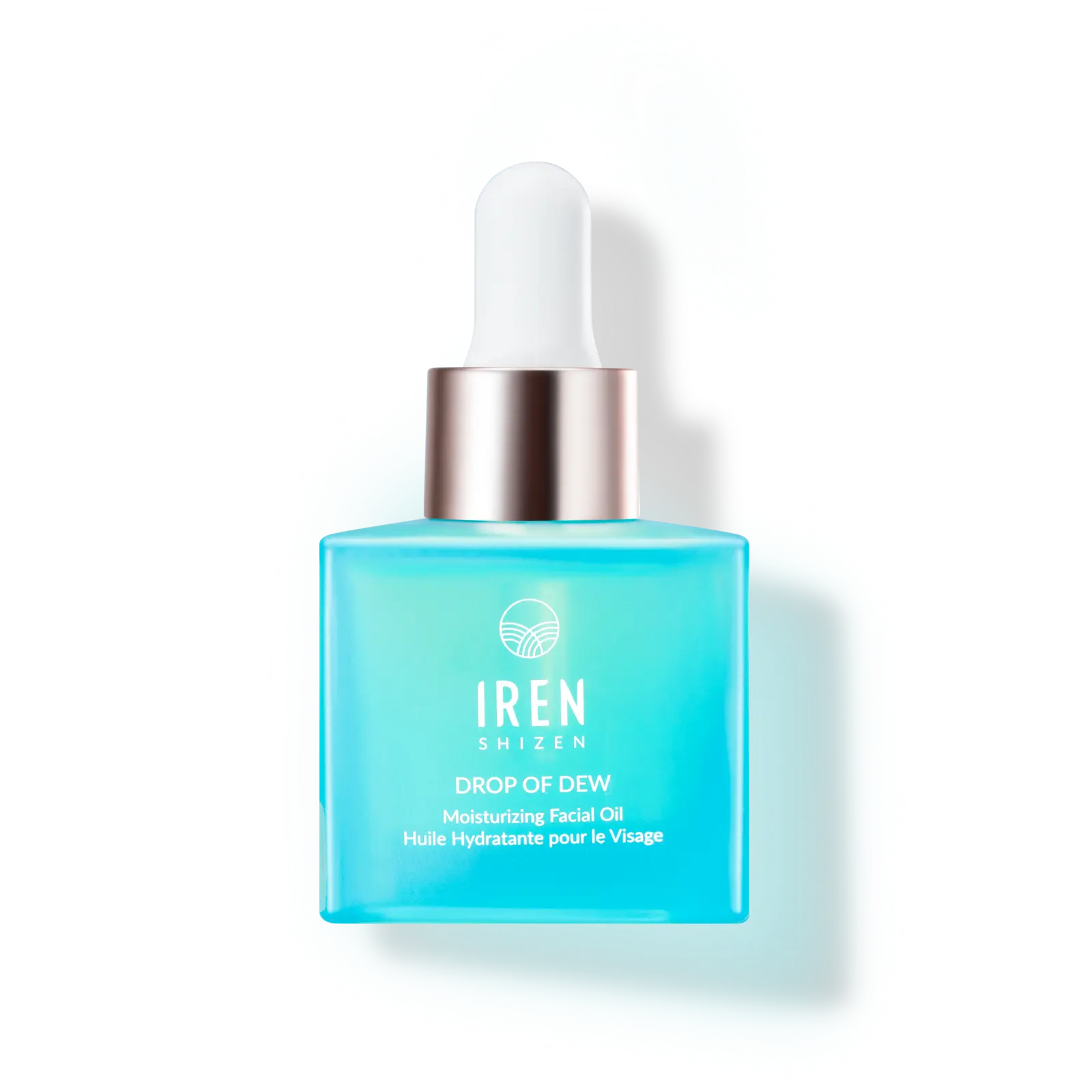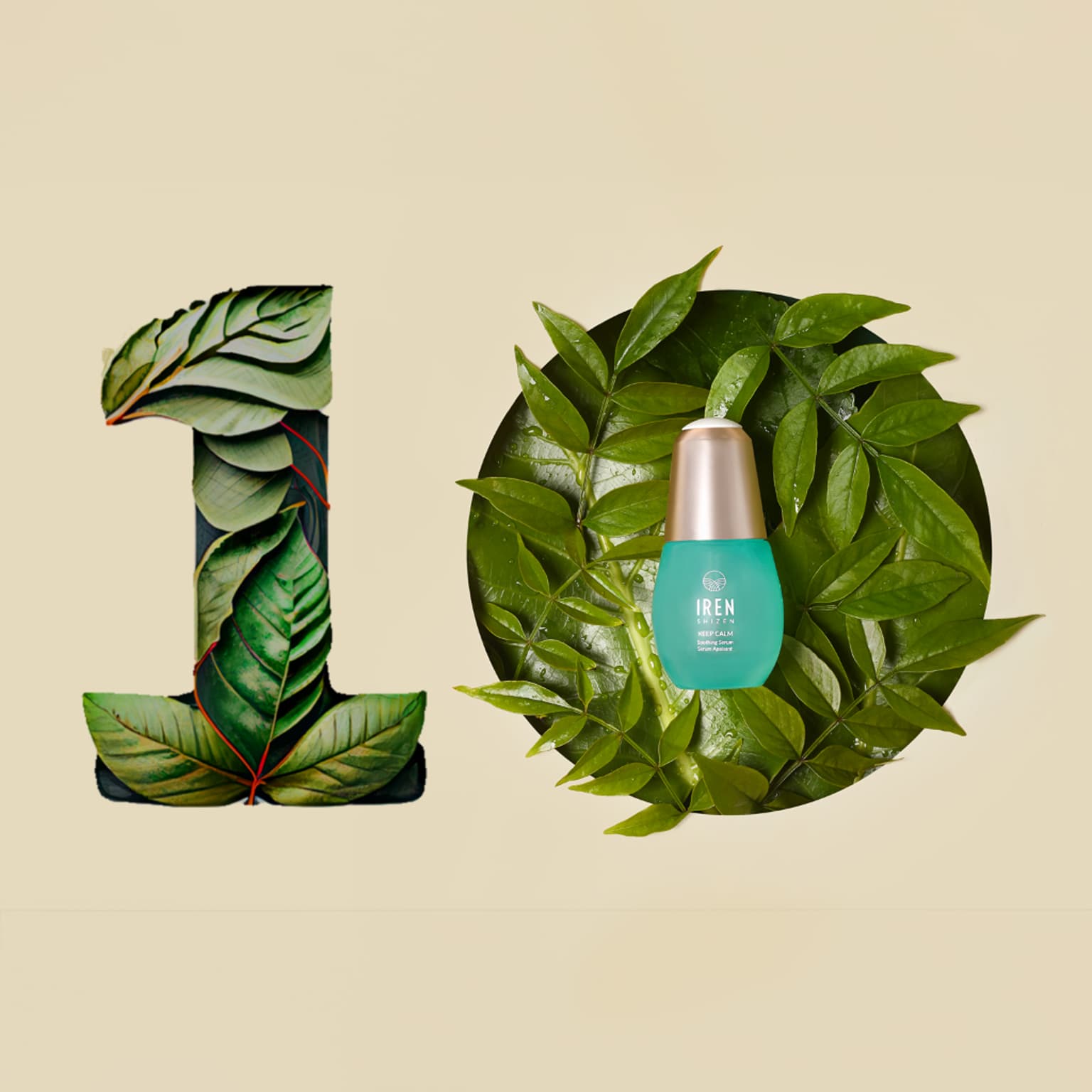You may already be familiar with the discourse surrounding animal testing in the cosmetic industry. But in light of World Animal Day, we figure it's time we shed light on one particular animal that’s dear to our hearts; rabbits.
It’s an open secret that rabbits have a notoriously bad relationship with cosmetic testing; to evaluate skin irritation. But before we dig deeper, we’ll give you the 4-1-1 of the ugly truth behind the beauty industry.
Do people care?

Unfortunately, animal testing has become such a norm within the industry. Some may not even bat an eye whenever the topic comes up.
Although there is now an expectation of sustainability and social justice for beauty corporations, a large handful of consumers still do not actively consider the ethics behind the veiled actions of some brands.
Significant literature proves that consumers’ buying behavior hasn’t changed significantly amongst young adults (between 25 to 34 years of age). And a study conducted by Prasanna Rudrabhatla’s IUP Journal of Marketing Management proves this.
A majority of their respondents within the age group (46 to 66%) admitted that they are more inclined to support exclusive brands that have attractive packaging, contain the right ingredients, and provide promised benefits.
Interestingly enough, New York Times’ Rachel Strugatz reveals that consumers under the age of 25 are the ones responsible for ethical products’ demand. She found that Gen Z-ers “care a lot about seeing what’s happening behind the scenes” and value transparency from the brands they are contemplating supporting.
The Ugly Truth
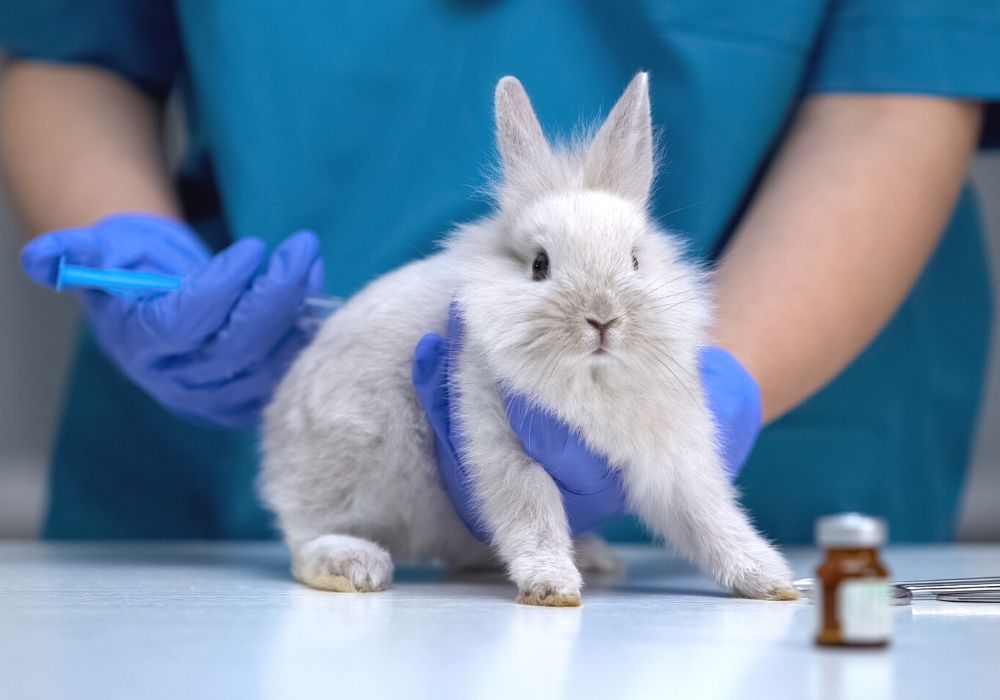
Be it as it may, the violation of animals is still occurring for the sake of our vanity. One would think our progressive world would see the end of such barbaric cruelty. Clearly, that is not the case.
Now you may ask, why do we consider such acts barbaric?
For one thing, ProCon.org dates the experimentation of animals for the sake of human curiosity back to circa 500 BC. With current advancements in technology, why should we, as a society, still feel the need to rely on such cruel ways for the development of products?
A point most overlooked is how animal testing has been around since the dark ages. F. Barbara Orlans’ book ‘In the Name of Science: Issues in Responsible Animal Experimentation’ infers that 60% of laboratory animals are used to evaluate product safety.
Humane Society International estimated that a whopping 100,000 to 200,000 animals suffer and die every year by cosmetic testing. She also states: “different species (of animals) can respond differently when exposed to the same chemicals” used in experiments.
With such inconsistencies, who’s to say testing on animals would be as useful in determining probable reactions?
The Doomed Fate of Rabbits

What comes to mind when you think of rabbits? To us, they may be friendly little creatures who double as pets. But to some, they are, regrettably, ‘guinea pigs’ condemned to be exploited for the sake of capitalism and vanity.
To summarize Human Society International’s article on precisely how mistreated they are; scientists often house rabbits in small, wire cages with artificial lighting and noise. Being the overly-sensitive creatures that they are, rabbits tend to self-mutilate to treat the anxiety caused by their environment.
When it comes down to lab testing, common ones, like the Draize test, include restraining rabbits for harsh chemicals to be dripped into their eye or applied onto their shaved skin.
It is not uncommon for rabbits to feel extreme discomfort from the substances used. They can experience eye irritation, swelling, ulceration, blindness, and even cracking and bleeding of the skin.
It truly begs the question; is cruelty really worth vanity?
Animal Testing: Alternative Methods

Thankfully, there are substitutes for such inhumane testing. The most crucial thing for companies to consider is the validation of said secondary methods of experimentation.
As Vinardell and Mitjans elaborate in their journal ‘Alternative Methods for Eye and Skin Irritation Tests: An Overview;’ it is necessary for these approaches to prove that they can “provide at least an equivalent level of protection to that obtained with current methods.”
Essentially, beauty companies first have to assess their current procedures’ abilities and relevance in order to recreate it in an unethical manner.
More and more cosmetic companies are looking into investing in ethical production, which includes going cruelty-free. Though that is not the case for all, it is good that the world seems to be progressing past the need for animal testing. This does not come cheap, however, as alternative testing equals higher production costs.
Some alternative methods include conducting vitro testing — cellular tests done inside a test tube, and utilizing artificial human skin. As synthetic human skin is still relatively new and continuously evolving, there is not much evidence to conclude its effectiveness.
Existing literature describes this skin as “artificial skin models (that) come from normal human skin cells.” They are “cultured in specialized media to form a three-dimensional reconstruction of the real thing.”
We're sure with how fast technology's growing, such alternative methods will be further put in place in the coming years.
What about IREN Shizen?

Source: Utopia
At IREN Shizen, we practice what we preach. Internationally certified as cruelty-free under the Leaping Bunny Program, we believe that animal testing is an archaic violation of animal rights that should be banned.
We pride ourselves on using our in-house means of testing our products. As a clean beauty brand, we look to our own research and development team’s expertise to create skincare products of quality for our customers.
We promise you happy skin. And that includes having a happy, cruelty-free production process as well.
As for today, let’s give it up for the animals that share Mother Earth with us. Just remember, a small step towards going cruelty-free goes a long way.
Let’s be kind to our furry friends and work together to make this world a better place for everyone.







